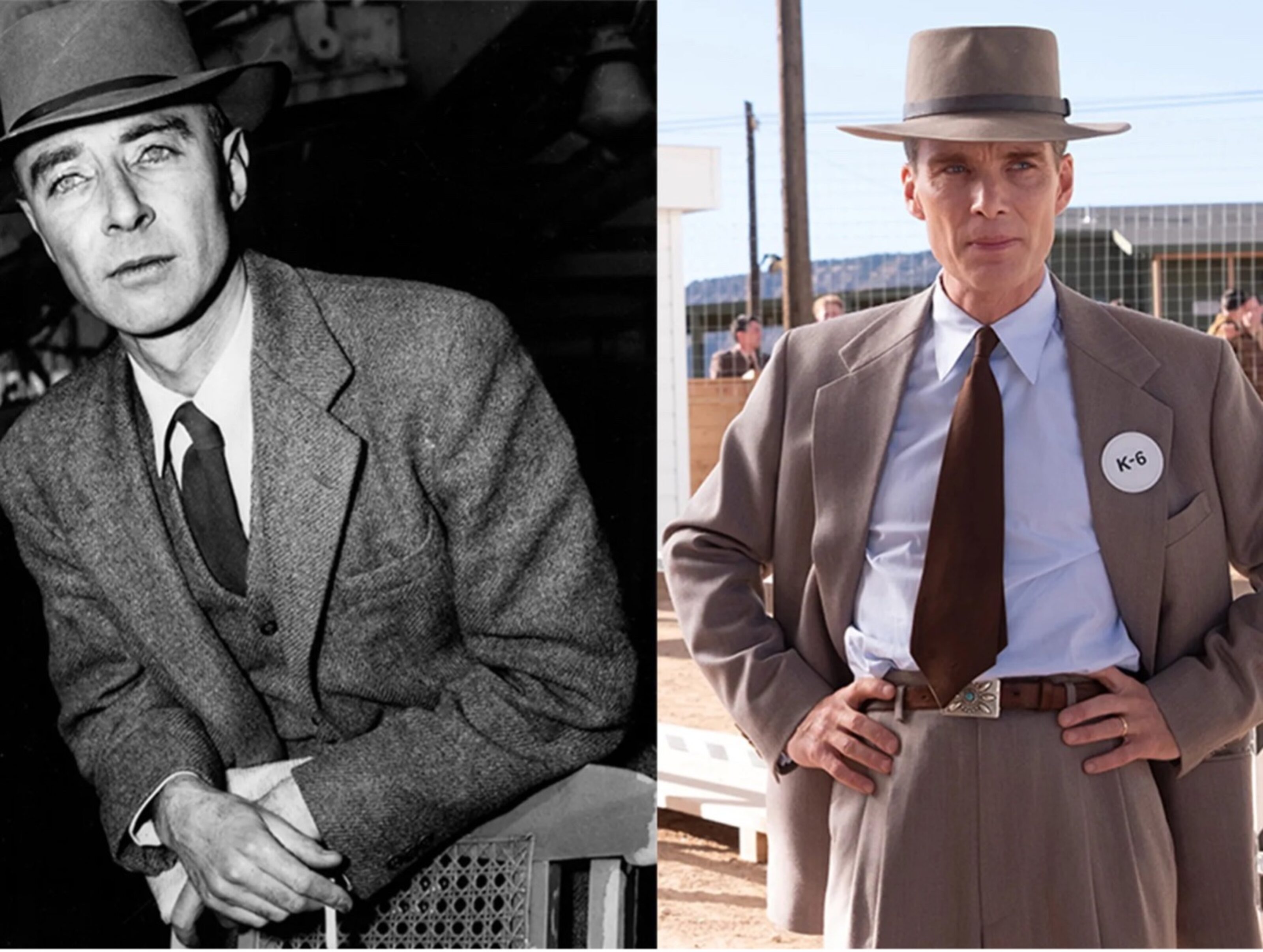
I enjoyed watching the academy-award-winning movie Oppenheimer, both for its story and as a testimony on Berkeley. I hear many interpretations and assessments of UC Berkeley, emphasizing its exotic, radical side (Berzerkeley), doubting its patriotism and seriousness, and ignoring its linkage and contributions to the U.S. economy. Oppenheimer portrays Berkeley in a very realistic way. I want to present some of the features emphasized in the movie that are consistent with my experience in Berkeley and some of the implications.

Source: Vanity Fair
It is important to distinguish between UC Berkeley and the Berkeley community. The University (including Lawrence Berkeley National Lab and other related labs) is very ambitious, perceiving itself as a global university trying to solve the world’s problems. It ”produces more graduates who go onto a doctorate than any other institution in the US.” Berkeley always emphasizes quality and impact of research, trying to have one of the best research and education programs in as many fields as possible, which reflects its high standing in the NRC ranking. UC Berkeley is a public university that provides unparalleled opportunities to people from modest means but work with industry and obtain resources to afford to be the leader in many fields. The strengths of Berkeley is across the board, in the humanities and social and political science. But in the last few years, I have been amazed to recognize the strength of Berkeley in the sciences and engineering. Berkeley scientists and engineers have led the development of nuclear power, computer languages and memory, and gene editing, and now have leading capacity in developing alternative energy sources and decarbonization strategies: batteries, MOFs (metal-organic frameworks) that can capture water and carbon, improved photosynthesis efficiency, new methods of bio-remediation, and bioengineering. Scientists in Berkeley are challenged to develop scalable methods to control climate change risk and move from an economy relying on non-renewables to a renewable economy with circularity, improved productivity, and biodiversity.

Source: Replicant on Twitter
Despite its image, Berkeley scientists have realized that they cannot do it alone and have been working with industry and the government to develop solutions at scale. Lawrence, who plays a major role in Oppenheimer, is the father of Big Science (the book is an excellent read). He started the big Berkeley lab that provided empirical evidence to emerging theories in physics, discovered many elements, and laid the foundation for the nuclear industry and many other products (Lawrence himself had some color TV patents). Lawrence was able to raise funds from the government and industry, and his assurance was crucial in appointing Oppenheimer to lead the Manhattan Project. UC Berkeley and LBL have received significant support from the Federal government and the state and developed collaborative relationships with the private sector. This includes the Berkeley-Novartis deal, which strengthened the capacity of Berkeley in plant biology, the agreement with British Petroleum that provided new capabilities for producing alternative fuel enzymes, and the EBI now collaborates with Shell on decarbonization and pursues other partnerships to increase the impact of university research, identify new challenges, and obtain new capabilities.
The pursuit of excellence at UC Berkeley led to enhanced diversity. I took a class in game theory and Bayesian statistics from David Blackwell (the best teacher I had in Berkeley) and a class in non-parametric methods from Jerzy Neyman, two of the giants of statistics in the last century. Berkeley provided opportunities for people from all over the world when the opportunities at other universities were limited. The pursuit of excellence with diversity will continue to give Berkeley an edge.
Working in Berkeley, I realized that we work under conditions of uncertainty, research is a process of adaptive learning, and we operate under conditions of ignorance in many areas. The evolution of the world and human lack of knowledge justifies the continued pursuit of science. But this uncertainty leads to multiple opinions. The experimentation leads to diverse lifestyles. In many ways, “Berzerkeley” is complementary to Berkeley. In Oppenheimer, you see that even in the 30s, some people in Berkeley engaged in experimental perspectives and lifestyles. I find it healthy, as long as it is done within reason. Anti-nuclear or GMO activists are much more relevant in Berkeley, where there are national labs, than in places without “controversial” research labs. As in the 1940s, despite the flaws, Berkeley is still a place where you can change the world and address the challenges of the 21st century.

Source: Foursquare

